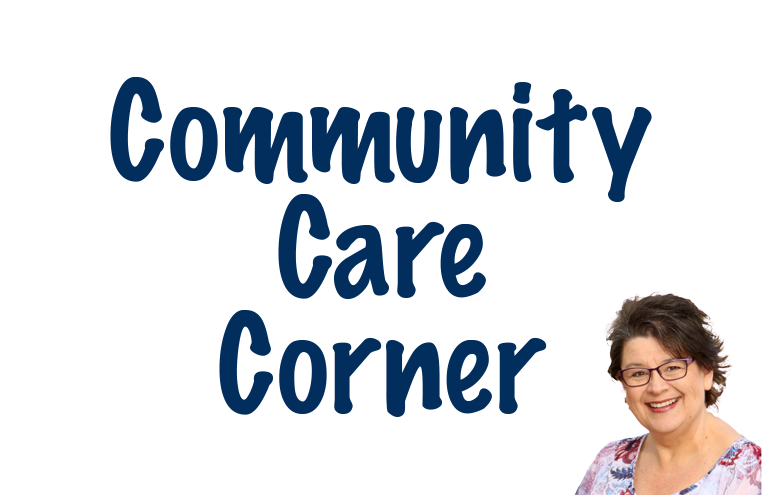It often seems like there are two types of people. Those that everything happens to or are frequently sick and those that never get sick, have never had a broken bone, surgery or injury.
Actually there is a middle group on this pendulum. Those who have their emergency plans written, their advanced directives in place and last wishes are prepared and filed with the county recorder. This should be the largest group but unfortunately it’s not.
How do we join this group?
This week we’ll focus on the, EMERGENCY PLAN: What should be included?
- Emergency Go-Bag Checklist:
A small bag packed with essentials like medications, basic toiletries, a flashlight, phone charger, water, snacks, cash, extra keys, copies of documents, and a change of clothes. - List of contacts:
In-case-of-emergency contacts (I.C.E.). It’s important that these two – three individuals know about you and your wishes (at least one needs to know the location of your emergency or have a copy of it, while the others know who this is and how to get a hold of them) and family dynamics.
Local emergency numbers, utility companies, a nearby neighbor, and an out-of-town contact.
A list of physicians, specialists, care agencies, your pharmacy and spiritual support contacts. - Home Access and Instructions:
Entry Key locations or key codes.
Alarm system instructions, if applicable.
(Non-emergency dispatch can notate these and the best specific doors to enter on the address file for 1st responder entrance)
Care notes for dependents, pets (feeding schedule, vet info), or home (watering schedule for plants, maintenance tips). - Personal lists and copies:
Current list of meds, allergies and medical history. Including your specific reactions on your allergy list is very beneficial.
Current copies of identification and insurance cards. An additional set of copies of these along with passport and other federal documents should be kept off home premises in case of fire.
Current employer(s) and contact for each immediate supervisor. - Evacuation & Shelter Plan:
Designated meeting points in and out of town.
Shelter locations or hotel options.
Transportation plan if you don’t have access to a vehicle. - Legal and Financial Info:
Location of will, power of attorney, and advance directives.
Contact info for attorney, accountant, or financial advisor.
List of financial institutions, account numbers (partial), and billing schedule for key utilities and services. - Communication Plan:
How you’ll communicate if phones are down—e.g., agreed messaging apps, walkie-talkies, or a check-in schedule. - Special Needs Considerations:
Any mobility aids, medical equipment backup power needs, or specific accommodations.
To enhance the response time in an emergency, complete the following at least monthly:
Walk your property, look for and reduce or remove potential safety risks.
Ensure that your address is well lit.
Ensure entrance / exits are clear outside and inside.
Check your smoke detectors for proper function and water heater area for no debris or leaks.
Reduce the use of extension cords and if use is necessary, inspect cord safety.
Check your well house for signs of leaks, critters, insects and debris.
This is a good start and for assistance creating one, you may email me at k.taylor@augustservicesllc.com
Our relocation has happened! You can now find August Services LLC at 2340 E Calvada Blvd STE 4.




